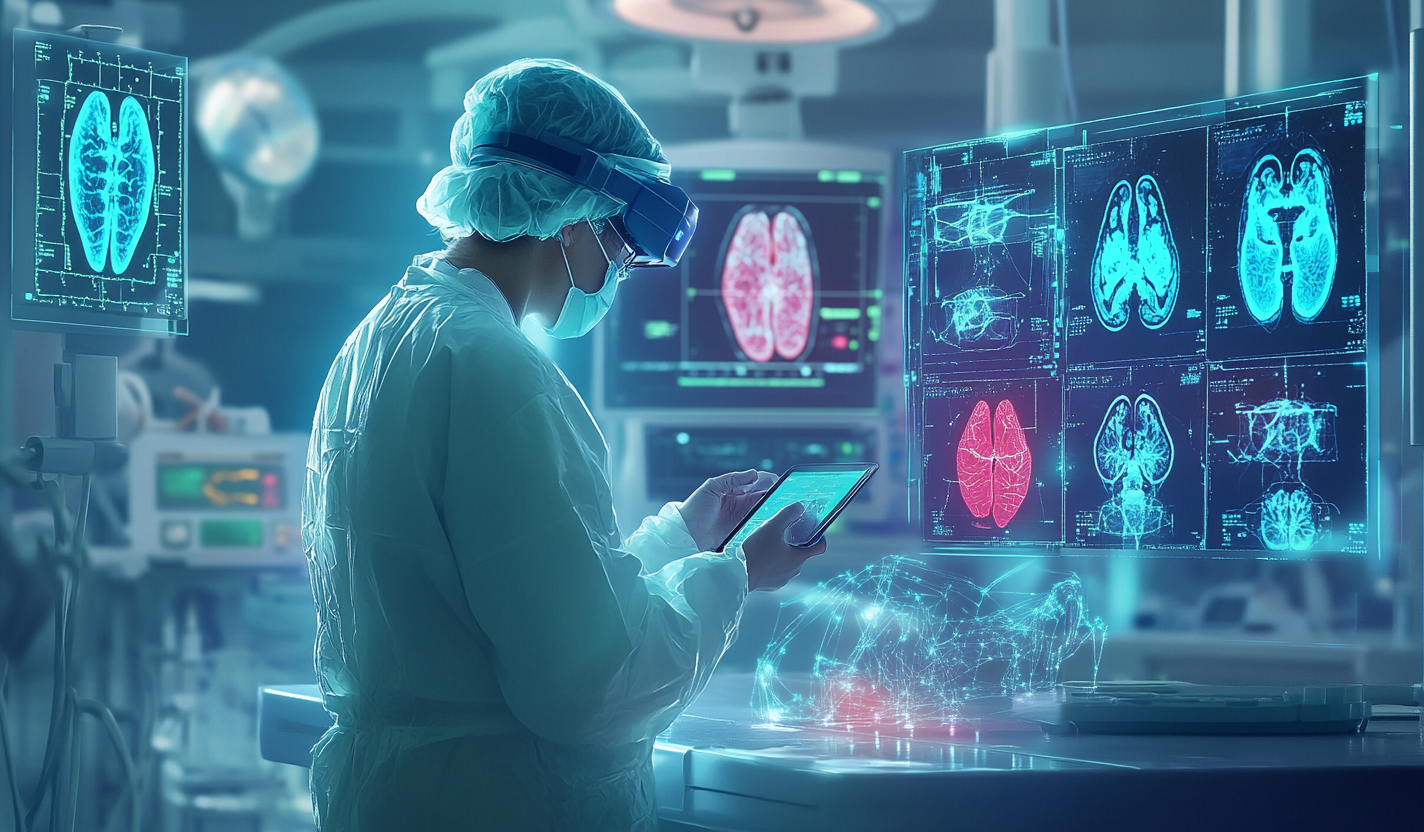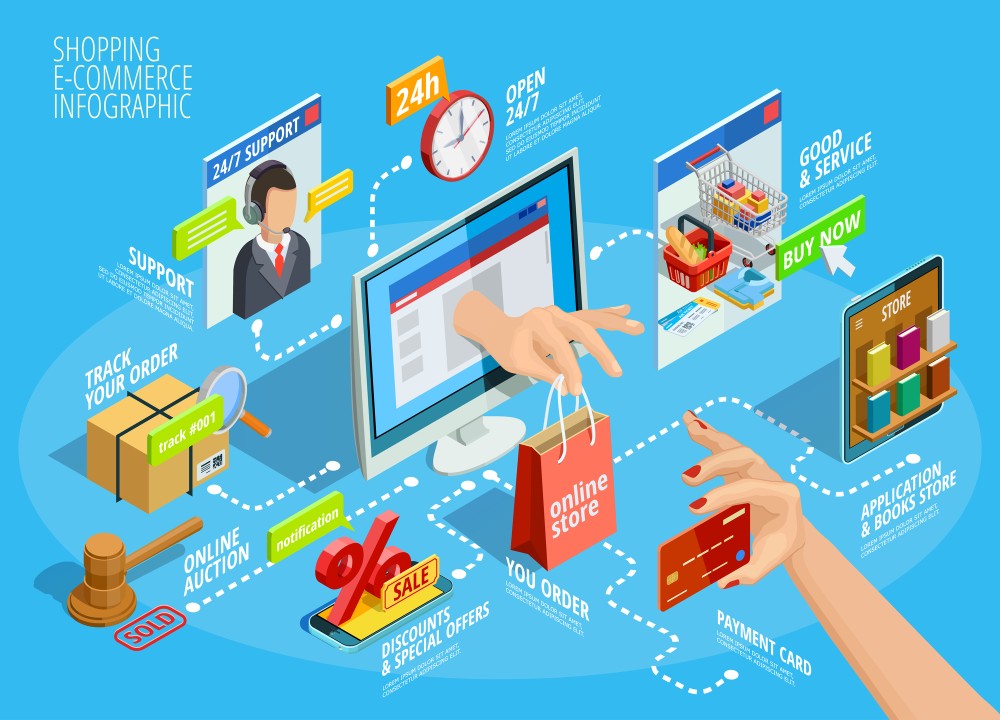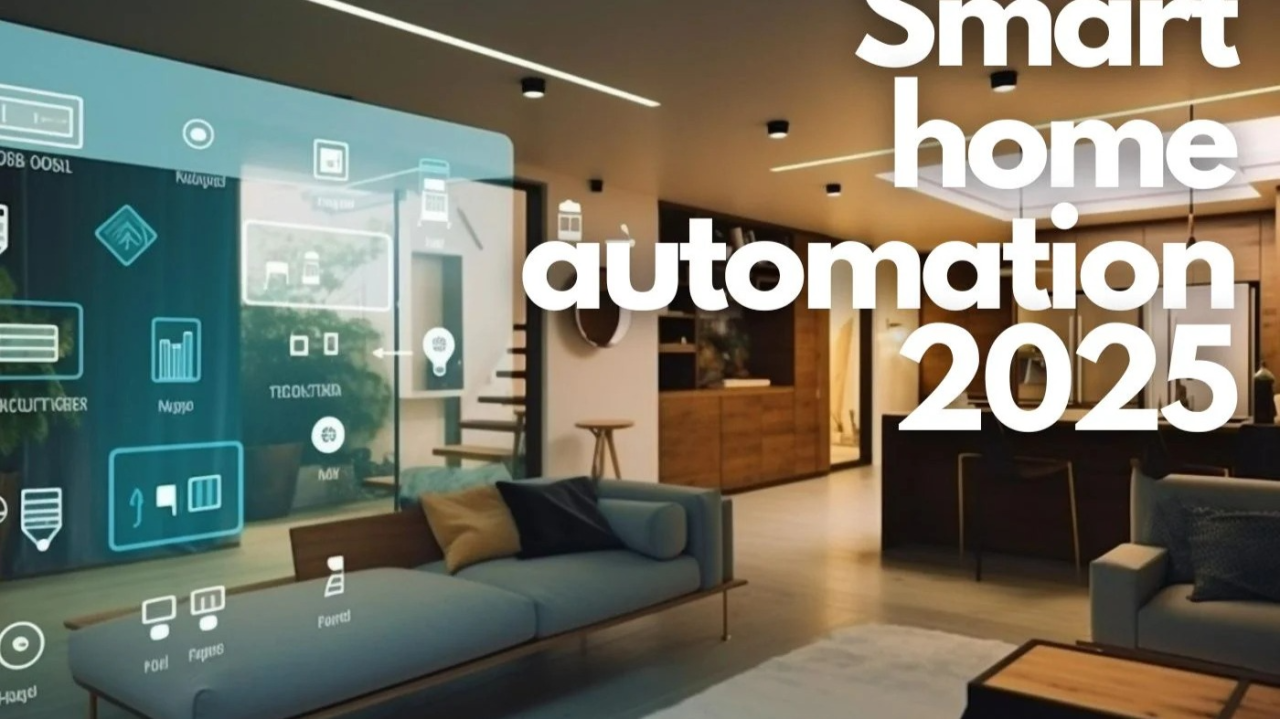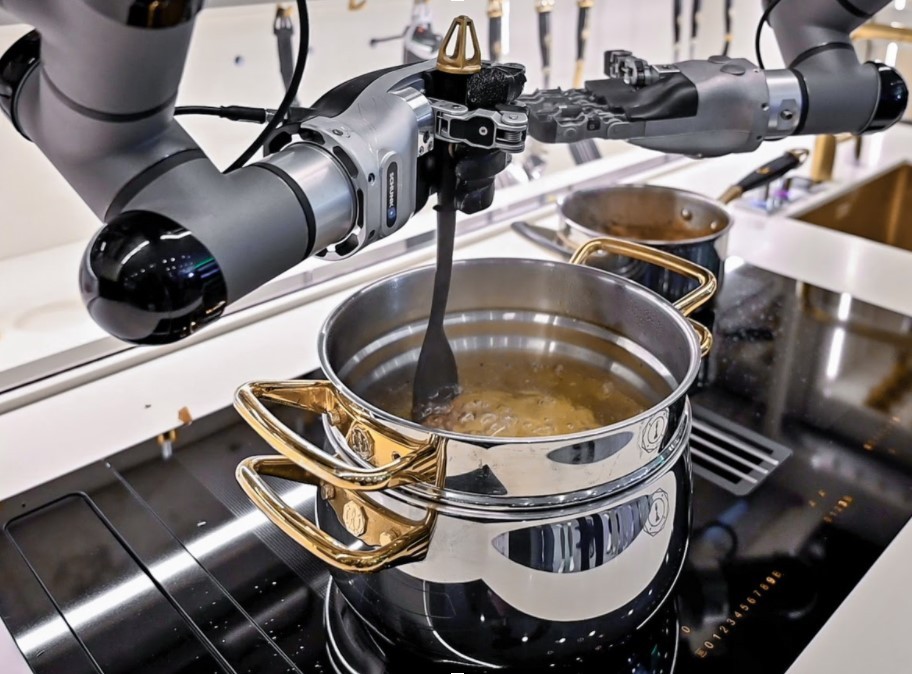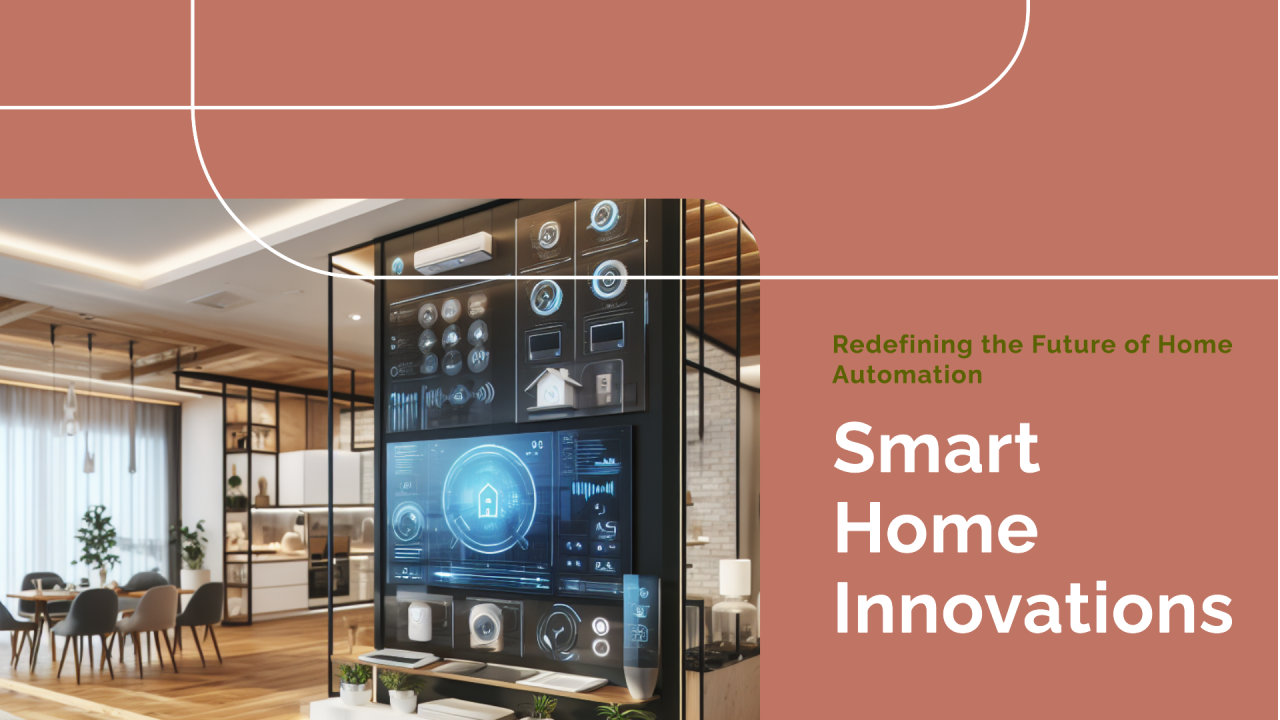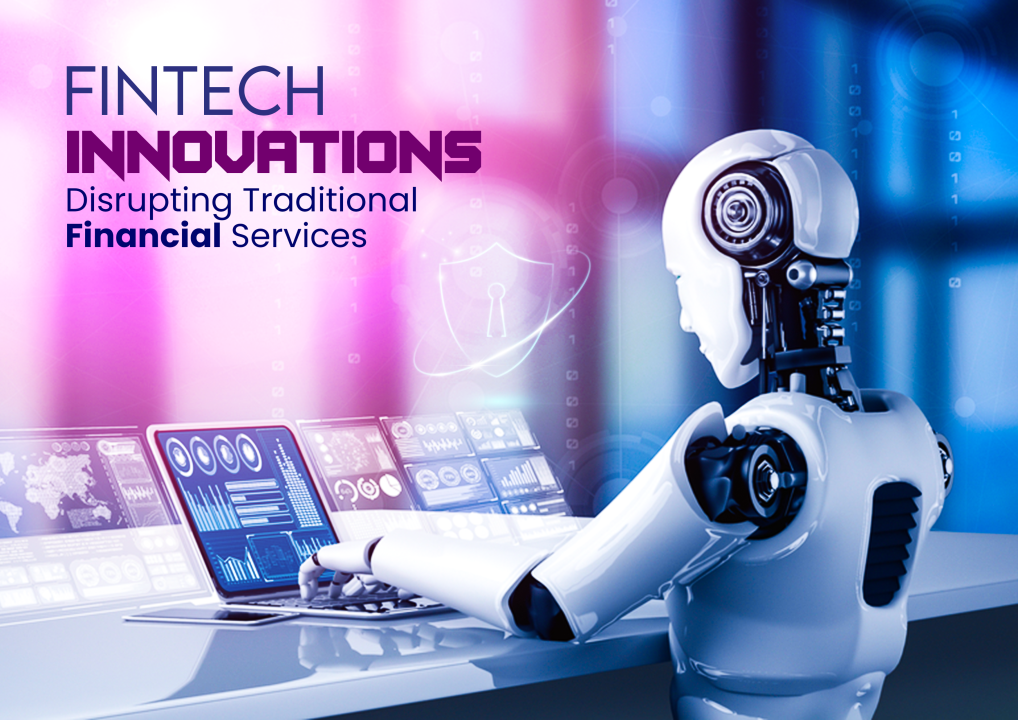Image from: medium.com
As we journey into 2025, the healthcare landscape is undergoing a remarkable transformation, thanks to the powerful synergy of Artificial Intelligence (AI) and telemedicine. These groundbreaking technologies are not just enhancing patient care—they’re redefining the entire healthcare experience, making it more accessible, efficient, and personalized.
1. The Rise of Telemedicine
Telemedicine has surged in popularity, especially in the wake of the COVID-19 pandemic. By 2025, virtual consultations will have become standard practice, allowing patients to connect with healthcare providers from the comfort of their homes. This shift promises greater convenience and reduces the strain on our healthcare facilities, enabling better resource allocation.
2. AI-Driven Diagnostics
AI is revolutionizing the diagnostic process, empowering healthcare providers to analyze medical data with extraordinary precision. In 2025, expect AI algorithms to assist in early disease detection, leading to timely interventions that can dramatically improve patient outcomes. The future of diagnostics is not just accurate; it’s transformative.
3. Engaging Patients Like Never Before
With the rise of AI applications providing tailored health insights, patients are becoming more actively engaged in their healthcare journeys. This empowerment encourages better adherence to treatment plans and fosters a proactive approach to managing health, ensuring patients play a central role in their own wellness.
4. Predictive Analytics for Proactive Healthcare
Imagine a world where potential health issues are anticipated before they escalate into serious conditions. Predictive analytics, fueled by AI, is making this possible. By 2025, healthcare providers will use these insights to implement timely interventions, enhancing overall patient care and significantly reducing emergency visits.
5. Streamlining Healthcare Operations
AI is not just about patient care; it’s also a game-changer for administrative efficiency. By automating tasks like scheduling, billing, and record-keeping, AI enables healthcare professionals to devote more time to what truly matters—patient interaction. The result? A more streamlined healthcare delivery system that benefits everyone involved.
6. The Power of Remote Monitoring and Wearables
Wearable technology and remote monitoring are set to become staples in healthcare by 2025. These devices will facilitate continuous health tracking, providing real-time data to healthcare providers. This capability is particularly vital for managing chronic conditions, ensuring timely adjustments to treatment plans and enhancing overall care.
7. Transforming Mental Health Services
Telemedicine is making waves in mental health care by breaking down barriers to access. By 2025, virtual therapy sessions will be widely accepted, offering individuals more accessible mental health resources. This shift not only increases access but also helps to reduce the stigma surrounding mental health care.
8. Driving Cost Efficiency
The marriage of AI and telemedicine is expected to drive significant cost savings in healthcare. By minimizing unnecessary hospital visits and enhancing operational efficiencies, these innovations will make healthcare more affordable for both providers and patients, ensuring that quality care is within reach for all.
9. Bridging Health Disparities
AI and telemedicine have the potential to level the playing field in healthcare access. By 2025, these technologies will help address disparities by ensuring underserved populations can connect with medical professionals, regardless of their geographic location. This inclusivity is a crucial step towards equitable healthcare for everyone.
10. The Future of Patient-Centric Care
As we move forward, a focus on patient-centric care will take center stage. The integration of AI and telemedicine will promote a more personalized, connected, and responsive healthcare environment. By prioritizing individual needs, the healthcare system will not only improve outcomes but also foster a culture of compassion and understanding.
In conclusion, the fusion of AI and telemedicine is not just reshaping healthcare; it’s creating a vibrant new ecosystem where patients are empowered, and care is more accessible than ever. As these technologies continue to evolve, they promise to enhance the quality of care we receive and redefine what it means to be healthy in the modern world.

